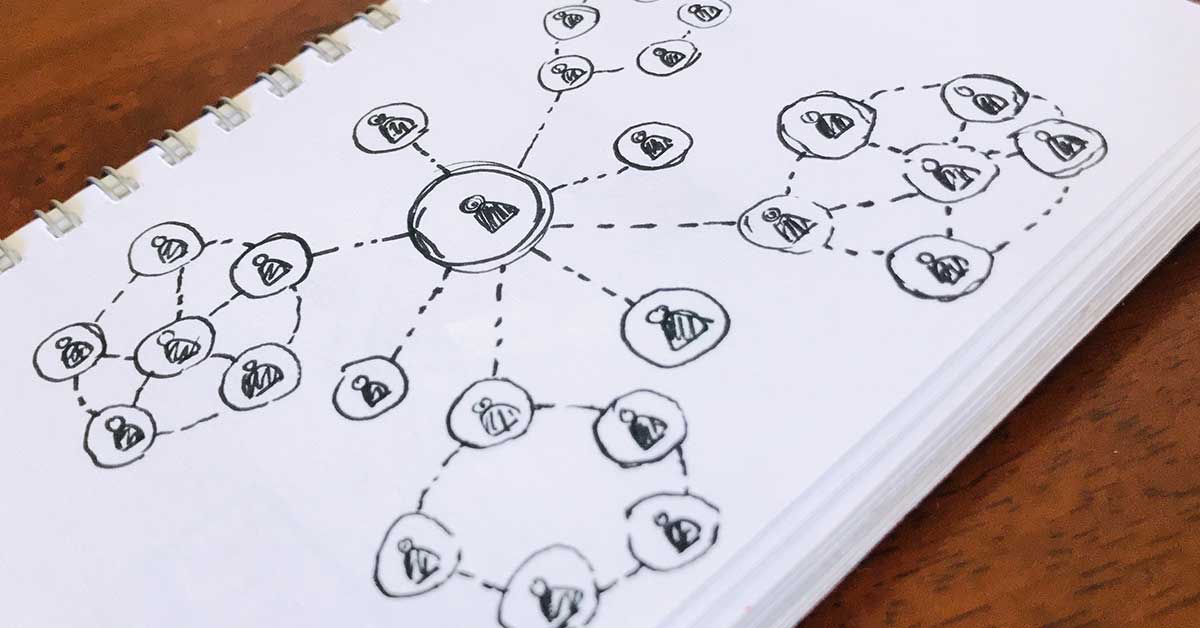Table of Contents
The Illusion of Excellence: Why High Expectations Without High Standards Are Failing Our Schools
Every team wants to win a championship, and every school wants its students to succeed. Yet year after year, most teams and schools fall short of their goals. While the rhetoric is full of high expectations, the reality reflects low standards.
As a former athlete and coach, I learned this hard truth early. Teams that talked about winning often faltered when practices were missed without consequence, when conditioning was optional, and when boundaries were soft. Success belonged consistently to the programs that married high expectations with equally high standards. The same truth echoes even louder today in our educational systems.
High Expectations Without High Standards: A Systemic Disconnect
Recent research shows that nearly 68% of schools report “high expectations” in their vision statements. Yet, only 23% of those schools have consistent policies ensuring academic mastery before promotion (National Center for Education Statistics [NCES], 2023). In many ways, we have created systems perfectly designed to produce mediocrity.
According to the U.S. Department of Education (2024), high school graduation rates have reached an all-time high (88%). Yet, college remediation rates remain stubbornly high, with nearly 42% of first-year college students requiring remedial coursework. This gap highlights a painful truth: Promotion and graduation often reward compliance and behavior over true academic proficiency.
Case Study 1: Compliance Over Mastery
Sunset Middle School had a reputation for orderliness and “good” students. Hallways were quiet, and behavioral incidents were rare. Yet in 2023, only 28% of students were proficient in reading and 24% in mathematics on the state exam (Arizona Department of Education, 2023). Observations revealed a chilling pattern: students who were quiet and compliant, even academically disengaged, were routinely passed to the next grade. A student, “L,” spent most days with his head on the desk but was never disciplined or remediated. Teachers admitted they “didn’t want to rock the boat” with a well-behaved student, even if he wasn’t learning.
Meanwhile, students who were disruptive but academically proficient were often targeted for discipline rather than recognized for their academic achievements. Sunset Middle is not an outlier. It represents a national trend where passive behavior is conflated with academic success.
Case Study 2: High Standards, High Results
In contrast, Jefferson Prep Academy, a small charter school in Texas, took a different approach. In 2021, they implemented a mastery-based promotion policy. Students were required to demonstrate 85% proficiency on benchmark assessments to advance. If they failed, they received targeted interventions, summer academies, and individualized tutoring—regardless of behavior. Two years later, Jefferson Prep’s math proficiency rose from 34% to 67%, and reading proficiency rose from 42% to 74% (Texas Education Agency, 2024).
Notably, disciplinary incidents initially rose by 18% as standards were enforced. Still, by year three, discipline incidents fell below their original rates, showing that students adjusted and ultimately thrived under high standards.
The Data Behind the Disconnect
- 68% of schools emphasize high expectations in mission statements, but only 23% enforce mastery before promotion (NCES, 2023).
- 88% national graduation rate vs 42% needing college remediation (U.S. Department of Education, 2024).
- In 61% of K-12 classrooms surveyed, passive behavior is rewarded over academic engagement (Learning Policy Institute, 2023).
- Schools implementing proper standards-based promotion show 2.4x higher academic gains than traditional models (Hanover Research, 2024).
The Call to Action: A Wake-Up Cry for Education
If we want different outcomes, we must design different systems.
For School Leaders:
- Rebuild your policies to tie promotion to proficiency, not seat time or behavior compliance.
- Audit grading practices to ensure they reflect true mastery, not just task completion or attendance.
For Teachers:
- Set non-negotiable academic standards in every lesson plan.
- Resist the urge to “pass along” students who are compliant but not proficient.
- Advocate for and participate in meaningful professional development focused on rigorous instruction.
For Parents:
- Demand transparency about your child’s academic progress, not just report card grades.
- Support remediation and enrichment opportunities even when uncomfortable or inconvenient.
For Students:
- Take ownership of your learning. Behavior matters, but mastering skills matters more.
- Ask for help early and often; do not accept minimum effort as “good enough.”
Conclusion
We must recognize that “good behavior” and “quiet classrooms” are not the same as learning. If we reward passivity over proficiency, we will continue to get results that surprise and disappoint us. Systems get precisely the results they are designed for.
High expectations sound good. High standards create greatness.
References
Hanover Research. (2024). Impact of mastery-based education models on student achievement.https://www.hanoverresearch.com
Learning Policy Institute. (2023). Student engagement and behavioral rewards in U.S. classrooms.https://www.learningpolicyinstitute.org
National Center for Education Statistics. (2023). Condition of Education 2023: Graduation rates and proficiency standards.https://nces.ed.gov
Texas Education Agency. (2024). Jefferson Prep Academy performance report.https://tea.texas.gov
U.S. Department of Education. (2024). Annual education progress report.https://www.ed.gov




